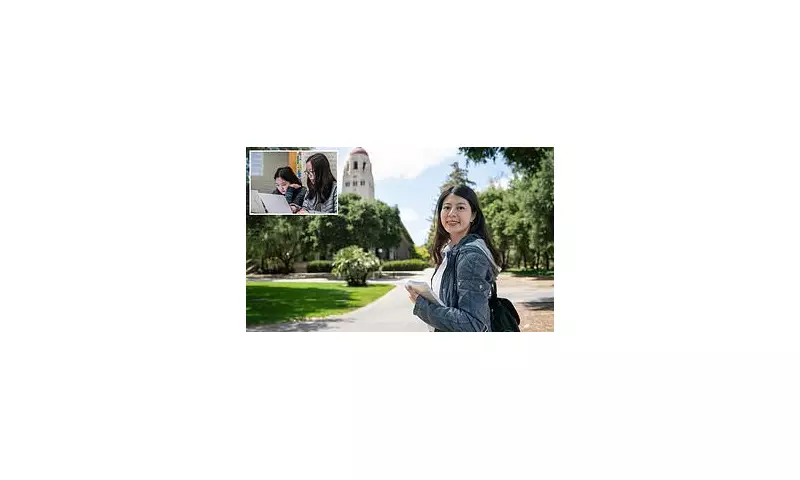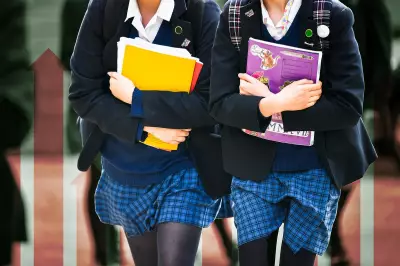
Driven by a desire to secure elite university placements for their children, a growing number of Chinese families are making the life-altering decision to emigrate to the United States. They aim to escape the intense competition of China's education system and dramatically increase their odds of acceptance into prestigious Ivy League institutions.
The Allure of American Opportunity
The motivation for this educational migration is starkly numerical. China's population is four times larger than that of the US, yet it possesses far fewer colleges where students can earn a bachelor's degree. The primary hurdle is the gaokao, or 'higher exam', a gruelling, high-stakes test that determines entry into China's top universities.
According to Harvard University Press, more than 10 million Chinese students sit this demanding exam each year, competing for only about 500,000 available seats in the nation's top 100 universities. This fierce competition is pushing parents to seek alternatives.
'From a purely mathematical perspective, students in the U.S. have far more opportunity to attain higher education than in China,' Joanna Gao, who moved to the US in 2018 with her husband and two sons, explained. Her goal was clear: 'My kids to enter brand-name schools.'
Silicon Valley: The New Educational Epicentre
This pursuit has made prestigious California public schools a magnet for immigrant families. Areas like Palo Alto, home to tech giants and top-ranked schools, offer a more affordable pathway to boosting a child's Ivy League prospects. A friend recommended the Silicon Valley area to Gao, advising, 'if your financial situation allows it, I suggest you live in Palo Alto.'
The statistics speak for themselves. Palo Alto High School sees about a dozen graduates attend Stanford University annually, while Gunn High School sent nearly two dozen students to the Ivy League last year. This proven track record was compelling enough for Gao to completely uproot her life, leaving a high-paying job in Shanghai's chemical trade to become a full-time mother in America.
Personal Sacrifices and Cultural Shifts
The transition involves significant personal and professional sacrifice. Gao, who was well-off and had domestic help in Shanghai, found her Chinese college diploma held little value in the US, leading her to work at Bloomingdale's. She reflected on the change, stating, 'In Shanghai, we were somebody and had resources to support our kids... in America she felt like a nobody.'
To ease the adjustment, the family transferred their sons to an international school in Shanghai beforehand to improve their English. This trend is reflected in state data, showing a gradual increase of native Mandarin speakers in Silicon Valley schools over the last decade.
Palo Alto Unified School District Superintendent Don Austin confirmed his is a 'destination district' shaped by the tech industry and Stanford University. Support networks, including Chinese 'study mothers' groups, have emerged to help new families navigate the US education system.
In a poignant role reversal, Gao says her sons now support and teach her, helping her adopt a more American mindset where a prestigious university is no longer the sole definition of success. 'In my heart of hearts, I believe my kids have surpassed me,' she concluded. This educational exodus is quantified by the Institute of International Education, which reported 277,398 Chinese students pursued higher education in the US during the 2023/2024 academic year, the second-highest international contingent.





